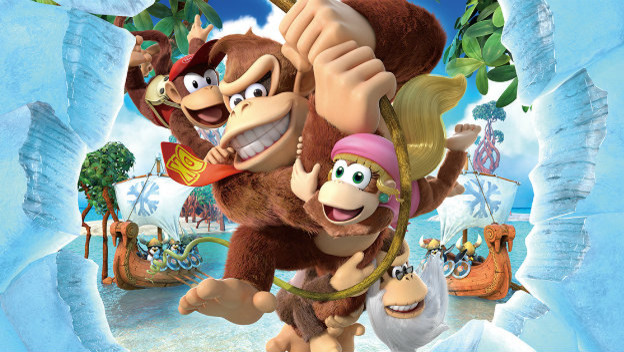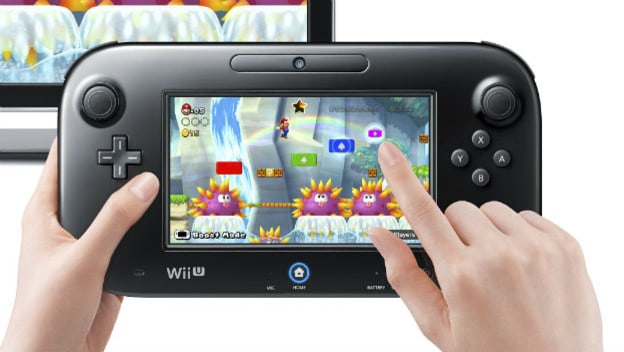There’s a saying about how we don’t truly appreciate things we have until they’re gone. I have a feeling that, eventually, this will apply to the Wii U. Technology is almost always fascinating in retrospect, and this especially holds true when you’re talking about tech used for entertainment. It’s partially why retro game collecting is so popular lately. We already know the Wii U library has some great games on it. That’s why so many are being ported over to the Switch. But there will be little bells and whistles lost in translation, and ultimately to time. The unique features of the Wii U, combined with its evergreen software and even its relative scarcity, will likely cause the ill-fated console to be looked back upon fondly, and more crucially, skyrocket in price in the collectors’ market.
It’s not controversial to suggest the Wii U was kind of a failure. It wasn’t catastrophic in the way of, say, the Virtual Boy, but it was more like a Dreamcast or Sega Saturn kind of situation. Obviously with less severe consequences, but Nintendo got out of Dodge while the going was still good and jumped into a new idea. The new idea was a good idea, and here we are. Interestingly enough, a decent chunk of the Wii U’s library is turning into ports of Wii U games, games that were legitimately very good but cursed by unpopular hardware. Flagship games like Donkey Kong Country: Tropical Freeze and Mario Kart 8 did as well as they could, but a sinking ship is a sinking ship. Now, these games are getting a deserved second chance.
But some of these games aren’t quite the same without the Wii U. Sure, many of these games just had off-TV play, which is a moot point with the hybrid nature of the Switch. But other Switch games made use of the second screen, even if it was something as relatively minor as moving HUD elements off the screen and onto the tablet. Other games like Tokyo Mirage Sessions , not confirmed or anything (but I totally hope it does show back up), had actual integration with the second screen that prevented off-TV play entirely. Other games, like Mario Kart 8 , have totally different features. Even if arguably inferior, they’re still different. And different drives demand… in hindsight.
This brings me to my point about the secondhand market. The Wii U is not popular now and wasn’t popular when it was new. Some people dismiss it entirely, while other people reluctantly put it over as some neat tech that ultimately fell short for its various reasons. But five, ten years down the line, collectors will probably start wanting to have one for the sake of having one. Not every game will come to the Switch. People who never had one, but have a rekindled interest in Nintendo generally, might grow curious. Hell, people buy Virtual Boys now.

When that kind of history-driven demand gradually grows over time, the supply of the hardware, cut off so early in its life, will diminish. This will drive up prices on the secondhand market. All the unique hardware and pieces will be difficult to upkeep and impossible to replace. This will drive the price up too. Games with super low print runs will go insane. Bayonetta 1 on disc? Tokyo Mirage Sessions if it doesn’t get ported? What about that Sonic and Mario game that already fetches a higher price? These games will go way up as they become even more difficult to find.
Hindsight is often kinder to weird video game stuff. People get curious, and when the stakes are lower (ugh, console wars), people are more likely to treat bad mistakes like intriguing historical canon. People today look fondly at the Virtual Boy, the Saturn, the Dreamcast, the Neo Geo, so on and so forth. The novelty factor, the distinct hardware, the solid if not great first party software lineup, all of these factors will come into play and cause retro game collectors to look back on the Wii U in a more positive light. And it won’t be cheap to go back.
